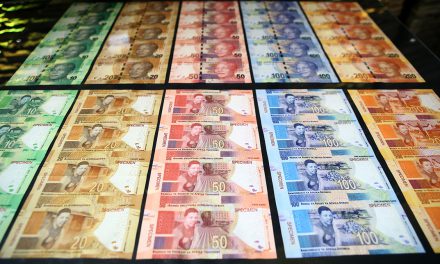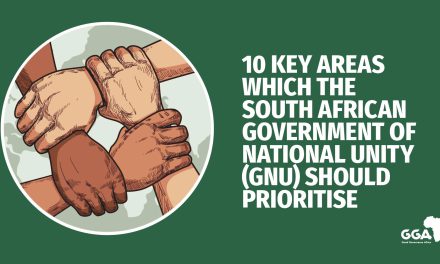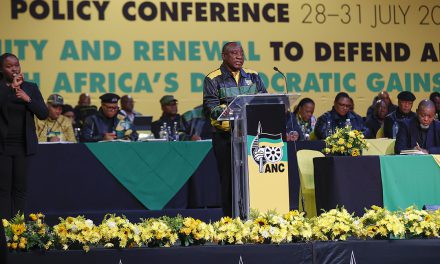In a stark reflection of the deteriorating security situation in Nigeria’s northwest, communities in Bagega and Kawaye districts in Anka Local Government Area of Zamfara State have become the latest to take the extraordinary step of negotiating directly with bandits to secure a semblance of peace, especially as the rains set in and farming season approaches. This move underscores the desperation of communities left vulnerable by ineffective government intervention.
For almost three harrowing weeks leading up to May 8, 2025, communities in the districts were effectively cut off from the outside world. Bandits imposed a blockade, preventing movement in and out of Bagega town, shuttering its market, and bringing economic activities to a standstill. The siege resulted in the kidnapping of dozens of residents and the deaths of at least 13 others. A military convoy to protect people is organised only once weekly, without which the people could not leave or enter the town without being exposed to the threat from bandits.
Residents say the bandits’ camps are alarmingly close—barely 15 kilometers away from Bagega—putting villages under constant threat.
With the planting season imminent and no relief in sight, the residents, through their district heads, appealed to the Emir of Anka for permission to negotiate with the bandits. The Emir, acknowledging the government’s failure to provide security and the ongoing siege on the districts since 21 April, granted his consent but refrained from direct involvement due to the lack of official authorisation and the state government’s stance on not negotiating with bandits.
Negotiating with the enemy
The peace meeting took place on May 8, 2025, in Bagega. Leading the bandits’ delegation were notorious figures: Ado Alero, Najaja, Buba Ice, Mati, Alhaji Makwaro, and Buba Gidan Gaba. The communities were represented by the district heads of Bagega and Kawaye, village heads of Jankuka, Makakari, Krisa, Duhuwa, Yamantakari, Dutsen Dan Ajiya, Kwanar Maje, and Gargam; youth representatives; Bagega National Union of Road Transportation Workers (NURTW) chairman, accompanied by the secretary and treasurer; chairmen of Bagega district All Progressive Congress (APC) and Peoples Democratic Party (PDP); and the chief imams of the two districts, among others.
The bandits accused the communities of collaborating with the military, particularly after the death of their leader, Kachalla Halilu Sububu, in 2024. Consequently, they demanded that the communities pay ₦30 million (negotiated from ₦50 million), provide 10 Honda motorcycles, exit from local vigilante groups, including the state-owned Community Protection Guards, return all government-issued motorcycles used by vigilantes to the local government offices in Anka, and allow access to Bagega market for herders to carry out livestock trade.
A deadline of May 16, 2025, was set to fulfil these demands.
On their part, the bandits would release all abducted villagers, stop kidnapping people from these villages, and allow them access to their farmlands.
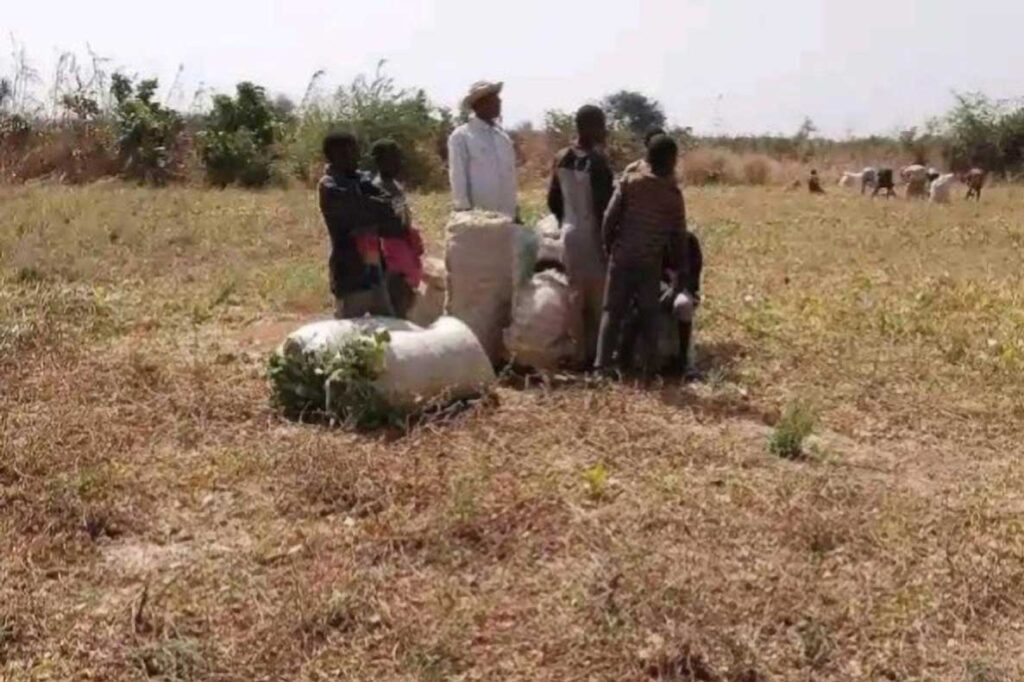
Farmers forced to work on a bandit leader’s farm in Anka, a local government area of Zamfara state. Credit: Private
Forced labour for protection
In late November 2024, just months before the peace meeting, the bandits demonstrated the depth of their grip on the areas. From the 25th to the 28th, Najaja—the key bandit leader in Anka—forced 800 men and boys from 17 communities across Bagega, Kawaye, Wuya, and Bawar Daji districts to work without pay on a farm he had inherited from his predecessor, Sububu. Over four days, they harvested and processed more than 1,200 bags of guinea corn. The only compensation: a guarantee that the communities could harvest their own crops without being attacked.
Government’s tepid response
The federal and state governments’ failure to protect these communities, especially communities living dangerously close to bandit camps, forced them into this precarious negotiation. Locals say the military’s limited presence—a weekly convoy to and from Bagega—was inadequate against the bandits’ sustained assault. The decision to negotiate was not born out of choice but necessity, aiming to prevent further loss of life and economic collapse.
Within 24 hours of concluding the negotiation, the communities started seeing results. Around noon on 9 May, community members told Good Governance Africa that 43 abducted persons, including 17 women and eight children, were released and returned to their communities safely. Two days later, on 11 May, another 60 abductees were released. The communities said these were indications that the deal was working, and that they were right to initiate the negotiation. The key to sustained success, however, lies in the communities meeting the demands of the bandits.
A day before the deadline, the communities paid the ₦30 million ransom but couldn’t deliver the 10 motorcycles due to a state ban on motorcycle purchases without government or security clearance. The bandits, aware of the ban, demanded the cash equivalent plus ₦500,000 per bike as a dealer’s commission. They later reduced the requirement to five motorcycles in recognition of the communities’ efforts. With all terms met, Bagega’s market reopened on May 17, reportedly drawing its largest crowd in years. This deal highlights the government’s failure to act decisively – despite knowing about the negotiations, officials offered no support and only enforced the motorcycle ban, effectively forcing the communities to fund and negotiate with terrorists on their own. The bandits’ ability to sidestep state restrictions underscores how hollow official countermeasures have become.
Ado Alero’s influence
While it’s common knowledge that bandit networks have no structured hierarchy, this particular negotiation showed that some bandit leaders command the respect and adherence of other leaders, even if they operate independently. For instance, Najaja informed and invited Ado Alero, a prominent bandit leader operating primarily in the Tsafe Local Government Area, to witness the process. Alero’s influence extends beyond his immediate territory, with other bandit leaders in the northwest seeking his advice and guidance on issues, including dispute resolution between rival bandit gangs. In another instance, Ado Alero intervened alongside Dogo Gide and representatives of Bello Turji to prevent a violent clash in December 2024 between Najaja’s camp and rival bandit leader Dullu, after Dullu killed Najaja’s younger brother.
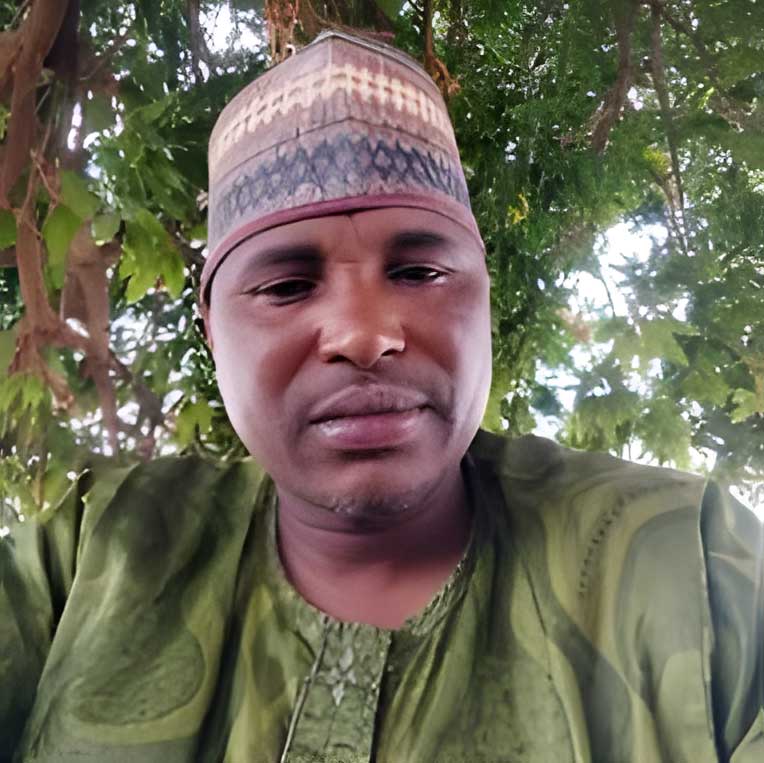
Bandit kingpin Ado Alero. Credit: Private
Alero’s notoriety is well-documented. In July 2022, Emir Aliyu Marafa controversially turbaned him as Sarkin Fulani (Chief of Fulani) of Yandoto Emirate. This move sparked national outrage and led to the Emir’s suspension by the Zamfara State Government. Some justified the turban as a strategy to foster peace, given Alero’s control over significant territories in Zamfara.
The recognition of Alero’s influence among bandits holds a positive sign, as it points the government in the right direction in its non-kinetic efforts against banditry in the region. Identifying him as a person of influence can open the doors to reaching others and getting them to be part of the peace process.
Civilian-led negotiations and national security
Bagega and Kawaye’s situation is emblematic of a broader security crisis in Nigeria’s northwest. Communities are increasingly left to fend for themselves, negotiating with criminal elements to ensure survival. This development raises critical questions about the state’s capacity and willingness to uphold its primary responsibility: the protection of its citizens.
Over the years, dozens of communities in Zamfara State have negotiated peace deals with bandits. Locals say communities in Anka, Bakura, Birnin Magaji, Bukkuyum, Tsafe, Maru, Shinkafi, and Zurmi Local Government Areas have arranged with bandits. These agreements vary: some villages pay protection and farming fees, others provide manual labour, and in some cases, they simply surrender their autonomy in exchange for peace. Failure to meet the bandits’ conditions often leads to retaliatory attacks, kidnappings, and denial of access to farms.
The normalisation of such negotiations, even when the government pretends not to be aware, risks legitimising banditry and could embolden these groups to exert further control over vulnerable communities. It also undermines the rule of law and, worse, confirms to many citizens that their government is either unable or unwilling to protect them. This growing perception of abandonment poses a serious threat to national unity and long-term stability, as it erodes trust in public institutions and creates space for criminal governance to thrive.
To address the deepening banditry crisis in Zamfara and the wider northwest, both the federal and state governments should urgently invest in complementing the ongoing kinetic approach with a sustained non-kinetic strategy that blends community engagement, economic empowerment, and targeted dialogue with influential actors like Ado Alero. By establishing government-sanctioned local peace committees involving traditional rulers, religious leaders, and credible intermediaries, the government can structure negotiations and gradually reintegrate willing bandit factions into society through disarmament, rehabilitation, and vocational training programmes.
Simultaneously, rural development initiatives, including agricultural empowerment, road access, and market revitalisation and access, should be accelerated to reduce the socio-economic vulnerabilities that make rural communities susceptible to criminal control.
Malik Samuel is a senior researcher at Good Governance Africa-Nigeria. Before joining GGA, he was a researcher with the Institute for Security Studies, specialising in the Boko Haram conflict in the Lake Chad Basin Region. Malik also worked as a conflict researcher with Amnesty International Nigeria. He was also a Médecins Sans Frontières/Doctors Without Borders field communications manager in Northeast Nigeria. Before that, he was an investigative journalist at the Abuja-based International Centre for Investigative Reporting. Malik holds a Master's degree in Conflict, Peace, and Security from the Universitat Oberta de Catalunya and the United Nations Institute for Training and Research (UNITAR).



